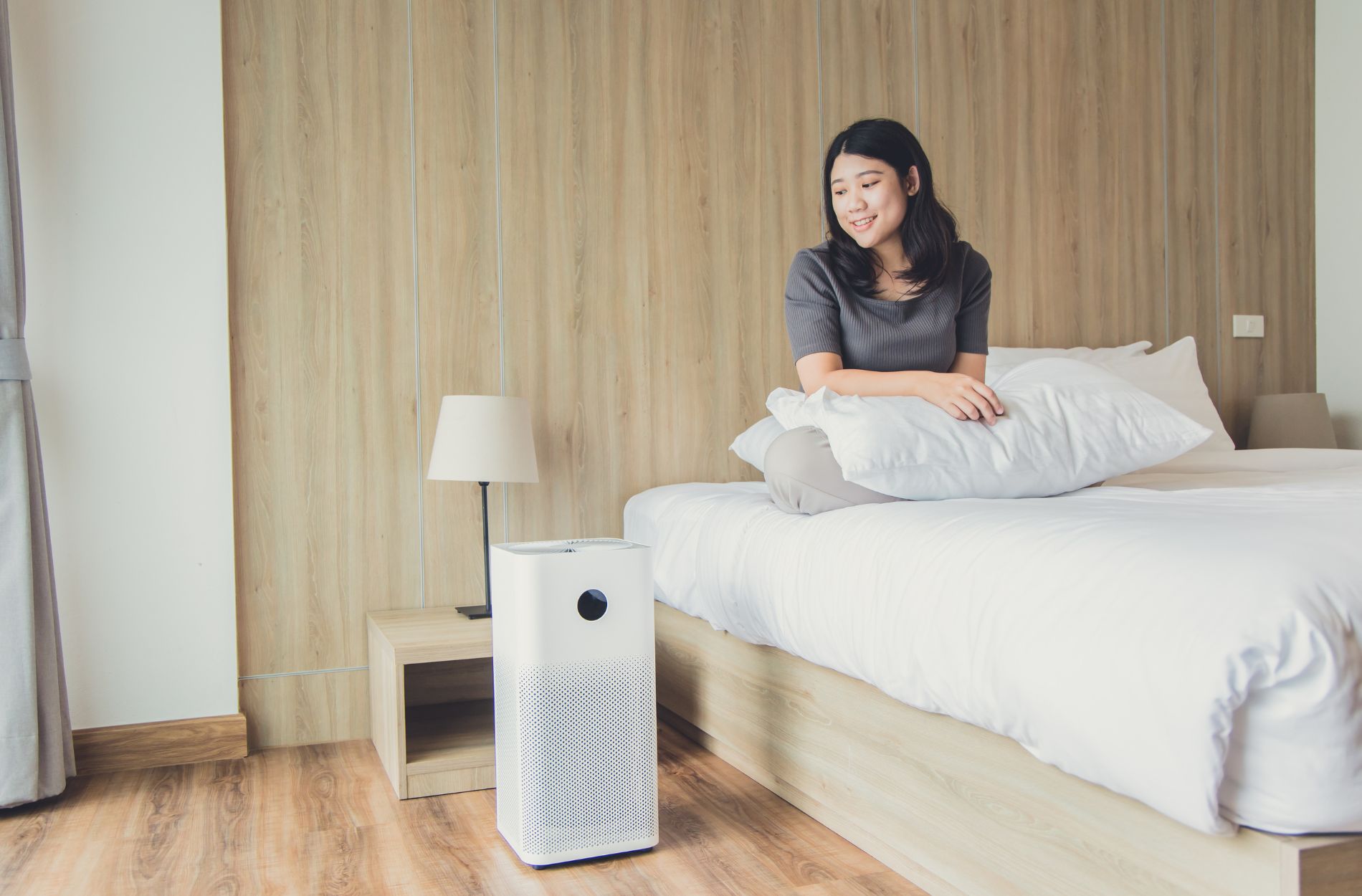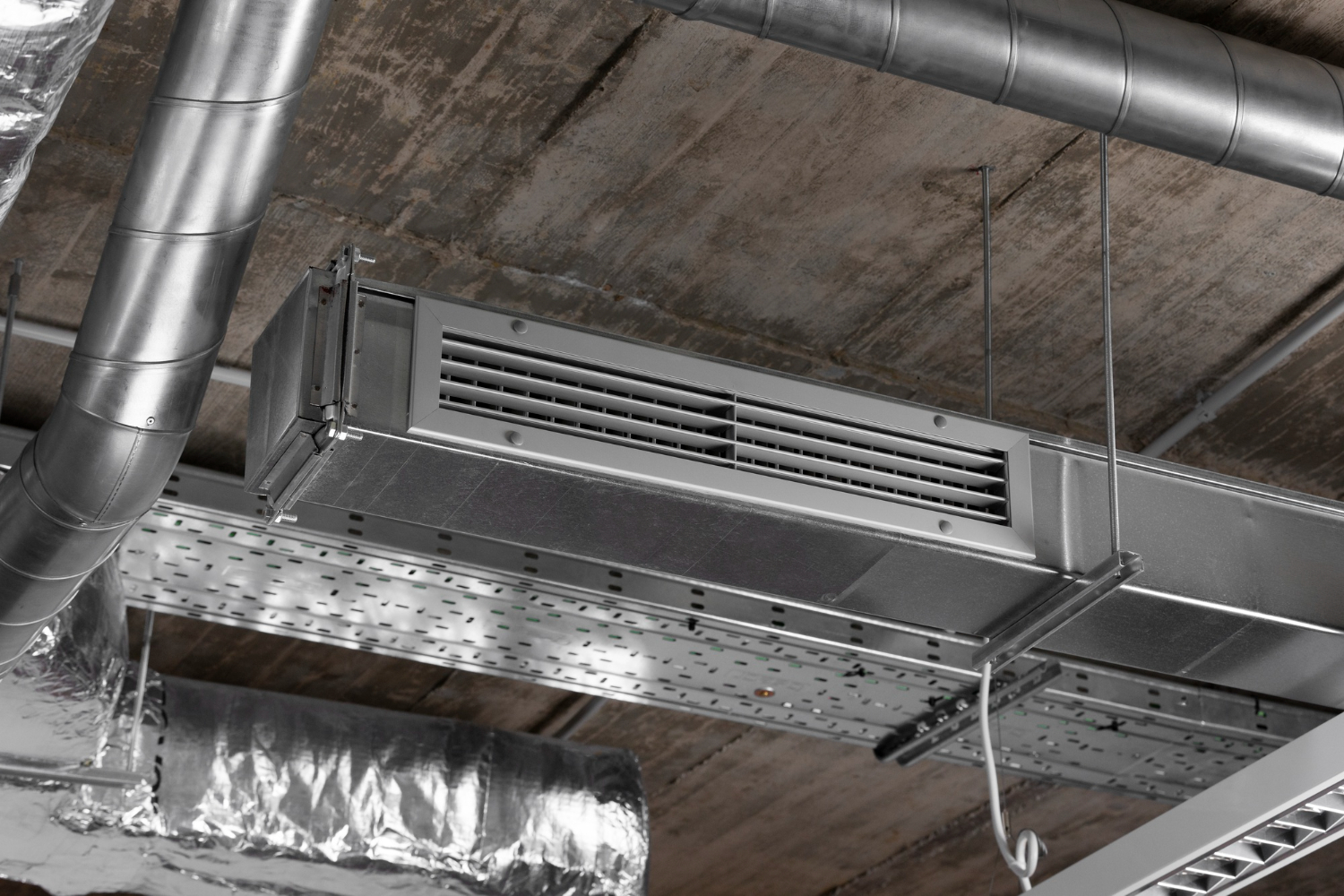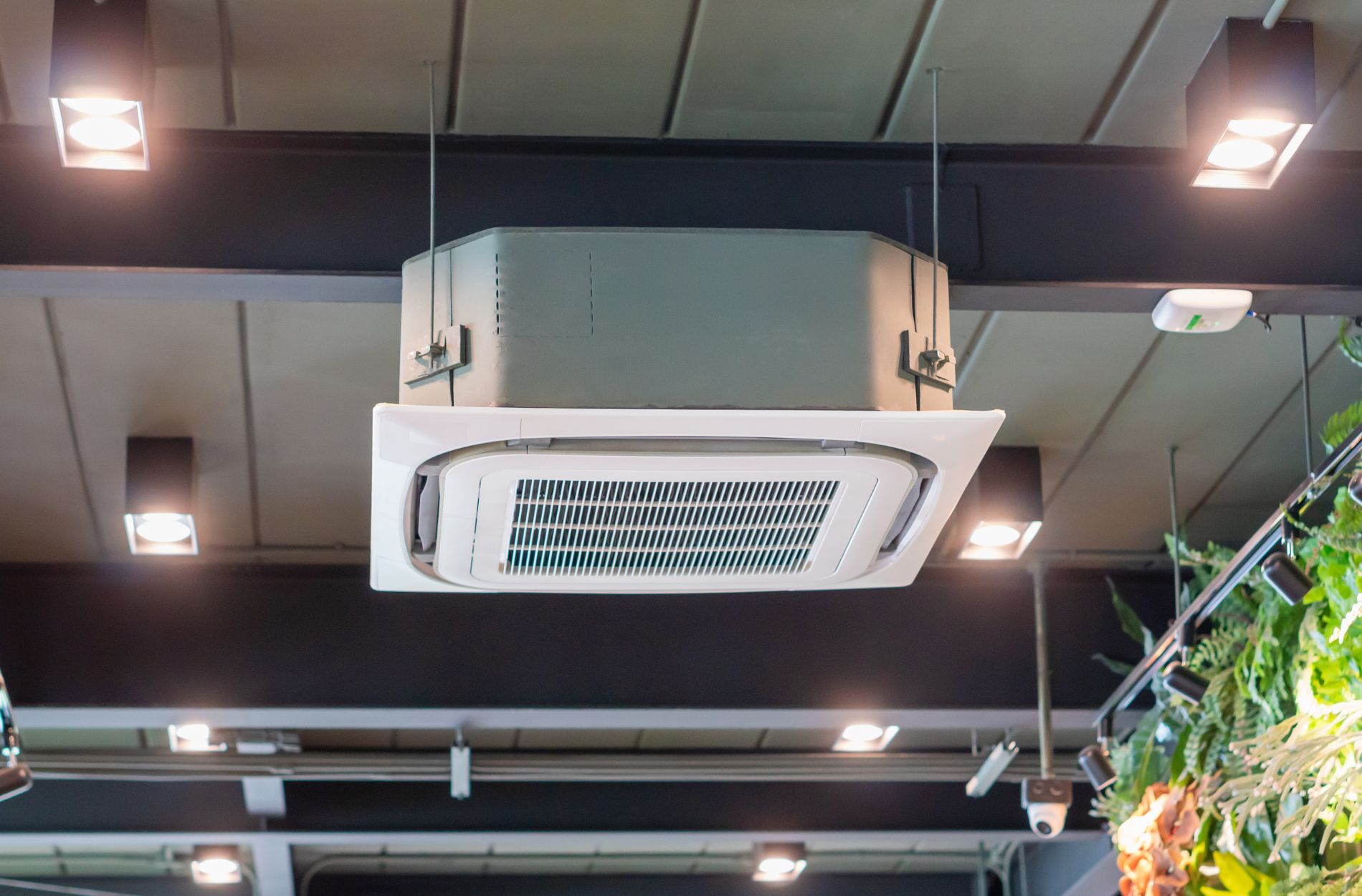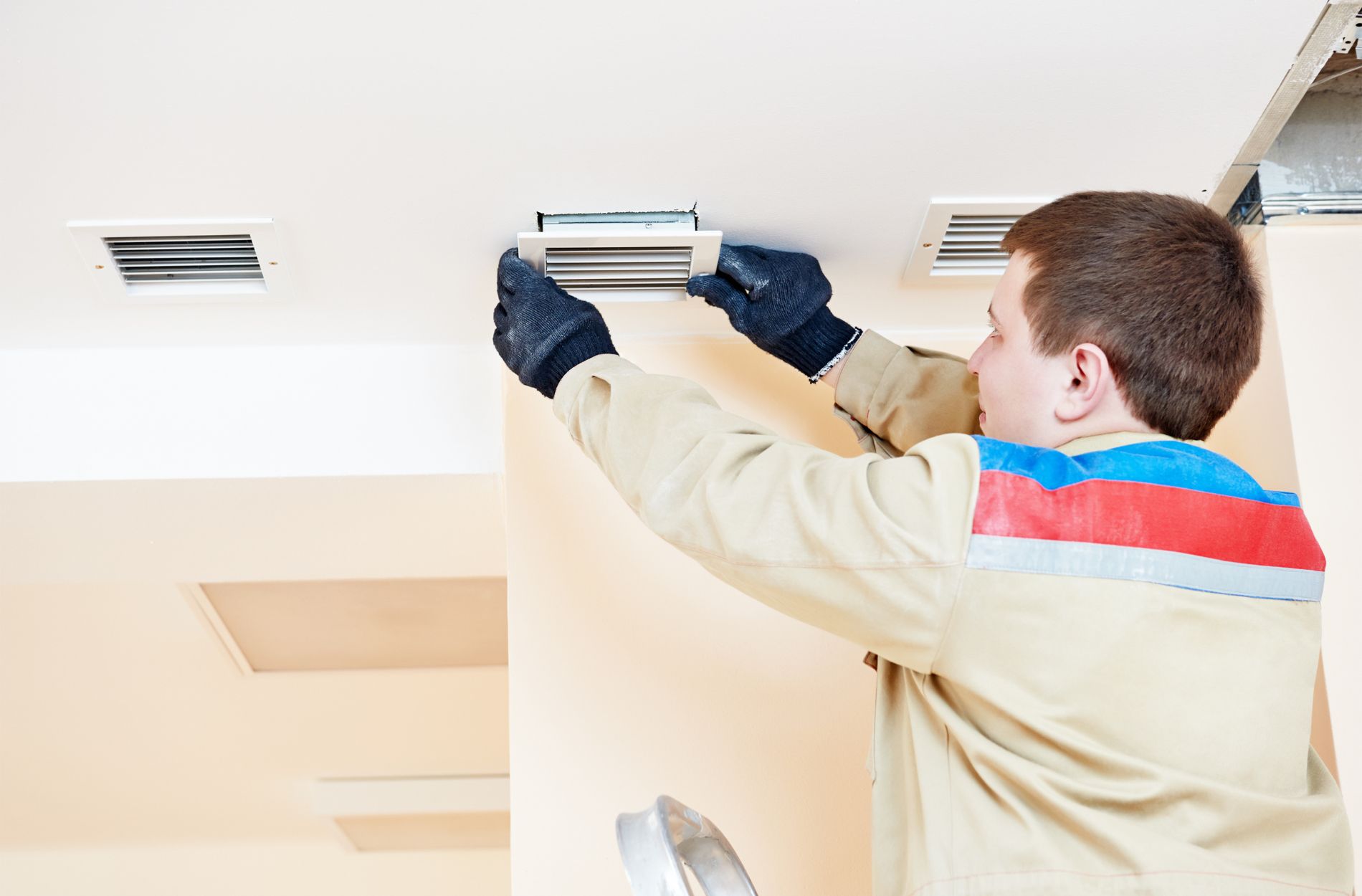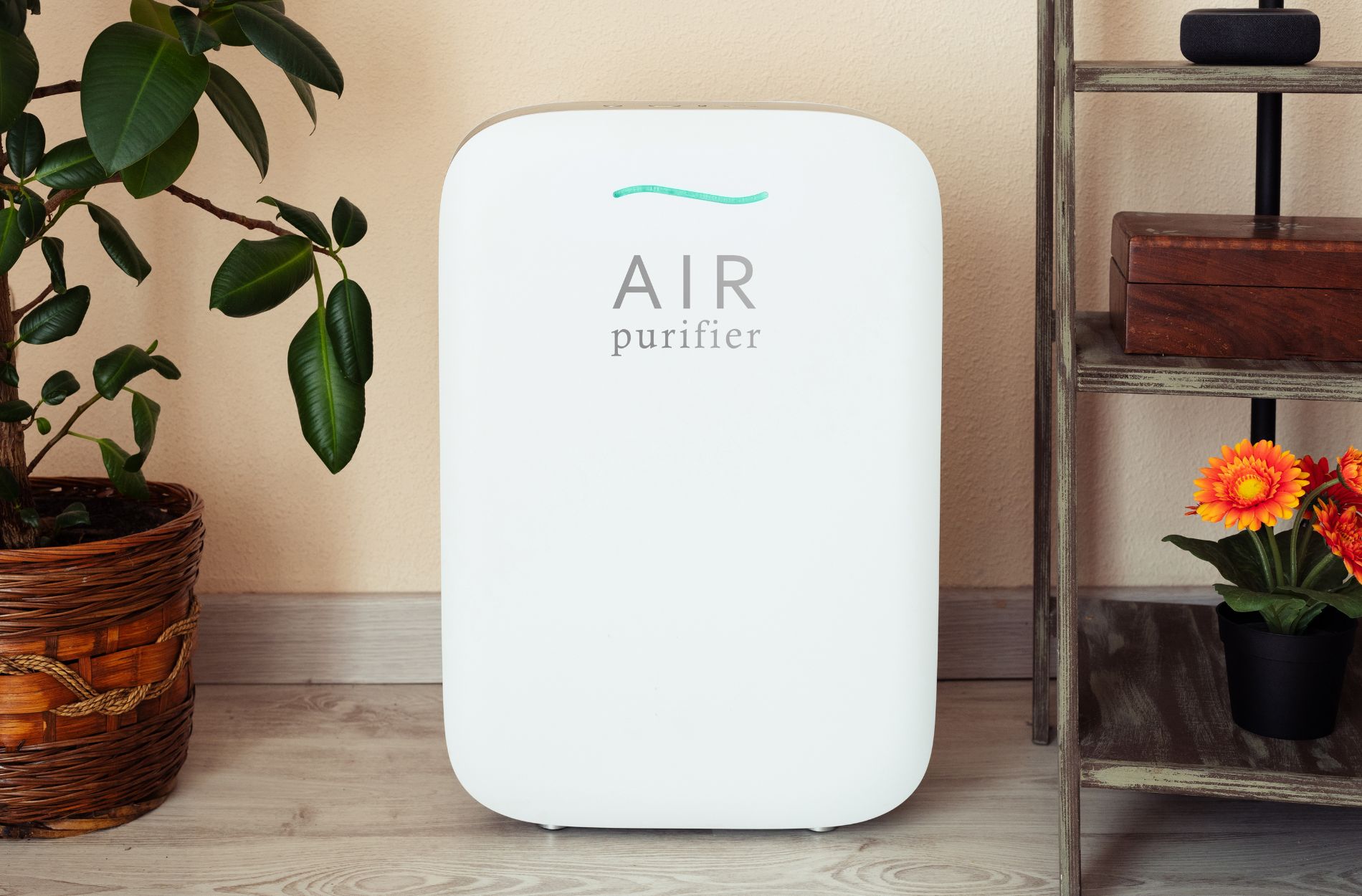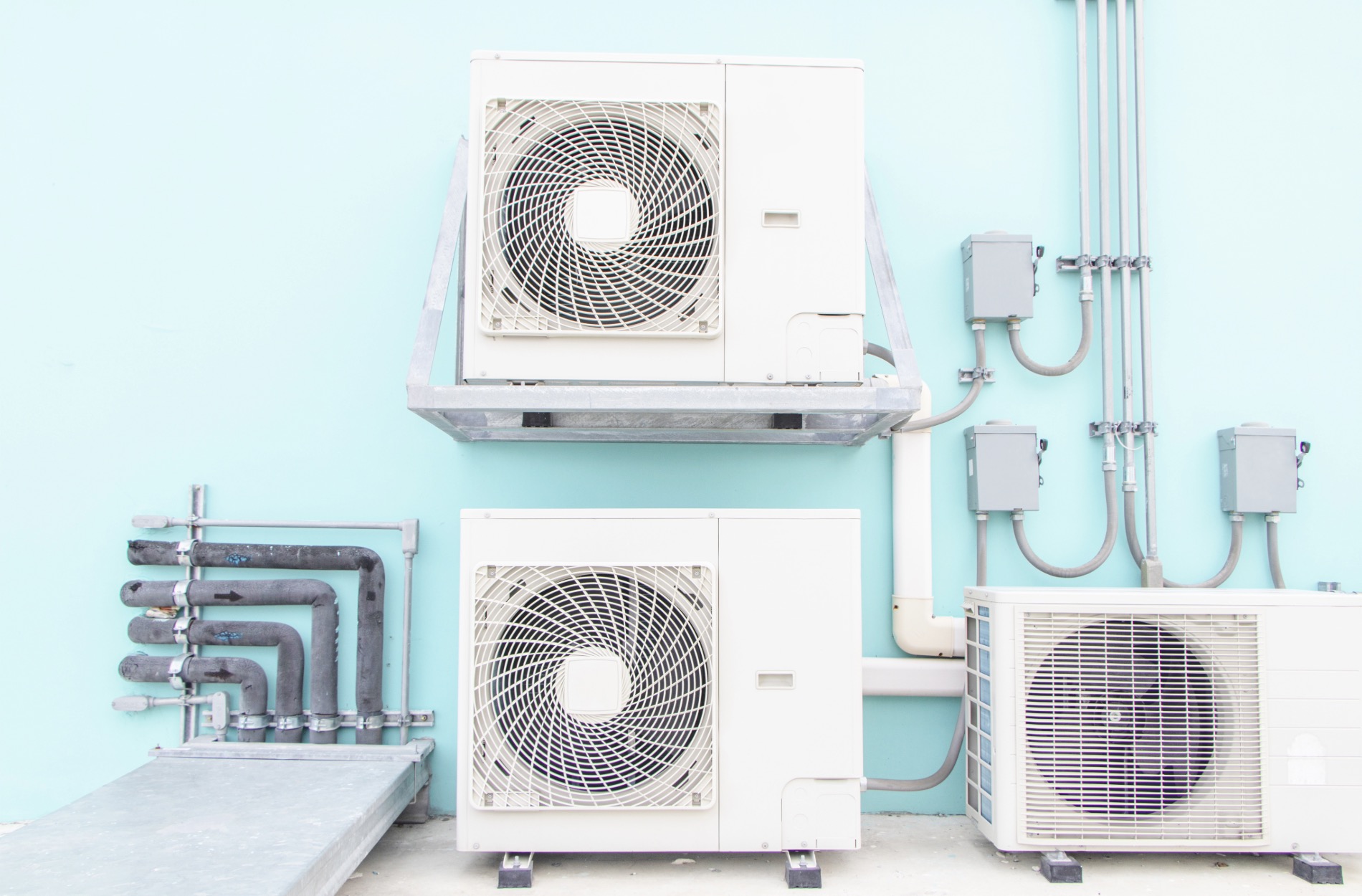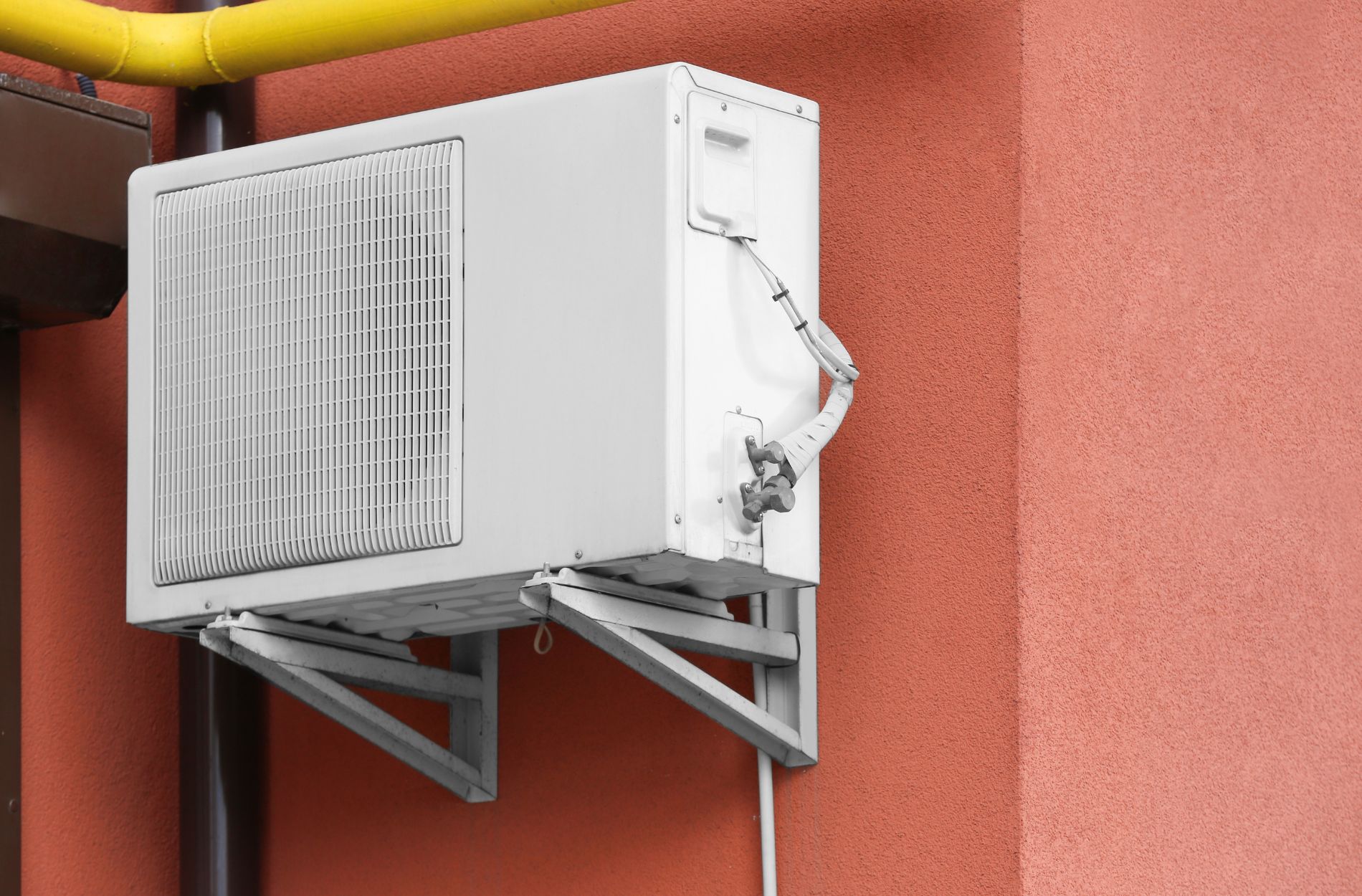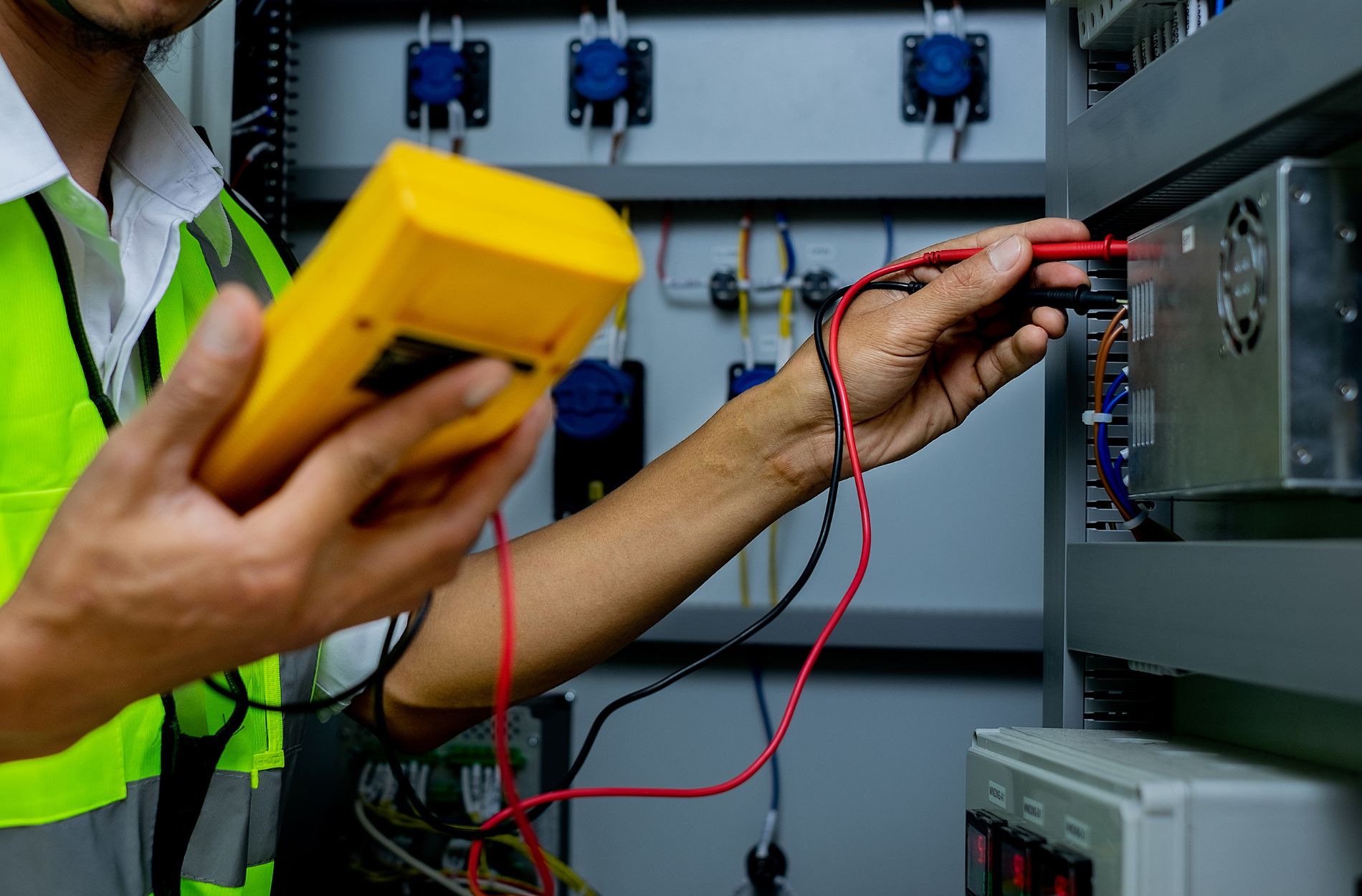When it comes to managing allergies in your home, one of the most effective tools at your disposal is an air purifier. Dealing with airborne allergens such as pollen, dust mites, and pet dander can be a constant struggle for individuals sensitive to these triggers. Air purifiers work by filtering out these particles from the indoor environment, significantly reducing the presence of irritants that can cause allergic reactions. As a responsible provider of HVAC services, we are committed to helping you understand how air purifiers can make a significant difference in your living spaces.
Air purifiers serve as a critical component in maintaining indoor air quality, especially for allergy sufferers. With the right air purifier, not only can you alleviate symptoms related to allergies, but you can also enhance the overall air quality of your home, creating a healthier environment for everyone. We focus on delivering solutions that cater to the specific needs of your household, ensuring that each recommendation is tailored to optimize your indoor air quality based on the unique layout and requirements of your home.
Understanding Air Purifiers And How They Work For Allergen Removal
When it comes to maintaining optimal indoor air quality, especially for allergy sufferers, air purifiers play a crucial role. The primary function of air purifiers is to remove contaminants from the air, making your living or working environment safer and more comfortable. Essentially, these devices are equipped with filters that capture pollutants such as dust, pollen, pet dander, and smoke, which are common triggers for allergies.
Our air purification systems work by drawing air from the room into the device, passing it through a series of filters that catch and hold airborne particles. The clean air is then circulated back into the room, significantly reducing the concentration of allergens. Regular use of air purifiers can help alleviate symptoms for those with allergies and asthma by providing a steady supply of clean air, which is particularly beneficial during high pollen seasons or in areas with poor outdoor air quality.
Key Features To Look For In Air Purifiers For Allergy Sufferers
Choosing the right air purifier can be pivotal for individuals who suffer from allergies. Here are some key features to consider to ensure you select the most effective unit for your needs:
1. HEPA Filters: High-Efficiency Particulate Air (HEPA) filters are critical for allergy sufferers as they are capable of trapping particles that are as small as 0.3 microns. This makes them highly effective at capturing microscopic allergens.
2. Activated Carbon Filters: While HEPA filters catch particles, activated carbon filters excel at removing odors and volatile organic compounds (VOCs) from the air. These filters are particularly beneficial for those sensitive to smells or chemicals.
3. Size and Coverage Area: Ensure the air purifier is appropriate for the size of the room where it will be used. An undersized purifier won’t effectively clean the air, while an oversized unit may consume more power than necessary.
4. Noise Level: Since air purifiers are often used in bedrooms or other living spaces, it’s important to consider noise levels. Units designed with quieter operations ensure that your air quality can be improved without disrupting sleep or daily activities.
Our team at Delta T Heating and Cooling highly recommends considering these features when selecting an air purifier for your home or office, ensuring optimal function and efficiency. With the right system in place, you can breathe easier knowing that your air is cleaner and healthier.
Comparing Types Of Filters: HEPA, Activated Carbon, And More
Navigating the maze of air filters available on the market can be daunting, but understanding their unique benefits is crucial for maintaining the purity of your indoor environment. HEPA filters, as discussed, are renowned for their ability to trap extremely fine particles. They are the benchmark in settings where air purity is non-negotiable, such as hospitals or homes where residents suffer from severe allergies.
On the other hand, activated carbon filters excel in capturing gases and odors, making them ideal for environments close to industrial zones or inside kitchens where cooking odors prevail. Additionally, there are other filter types like electrostatic filters, which use an electrically charged filter media to attract and hold onto particles. These are particularly useful for capturing smoke, making them suitable for use in areas susceptible to wildfires or urban smog.
Finally, UV filters incorporate a different approach by using ultraviolet light to kill bacteria and viruses as air passes through the filter. This technology is increasingly popular in both residential and commercial settings, offering an extra layer of protection against airborne pathogens.
Installation And Maintenance Tips For Maximum Efficiency
Maximizing the efficiency of air purifiers involves proper installation and diligent maintenance, practices that ensure your device operates at peak performance. Initially, placing air purifiers in areas where air quality concerns are highest, such as kitchens, bedrooms, or any space with limited ventilation, will facilitate the most effective air cleaning.
Once installed, the key to maintaining an air purifier is regular upkeep. This involves checking and replacing filters as recommended by the manufacturer, typically every three to six months for HEPA filters, depending on usage. Additionally, keeping the exterior of the unit clean from dust and debris not only prolongs its life but also supports optimal functionality.
For larger or integrated systems, such as those used in commercial buildings, engaging our professionals for routine inspections and maintenance can prevent unforeseen breakdowns and ensure systems are always running efficiently. Our team is trained to identify potential issues before they become problematic, ensuring that your air stays clean without interruption.
Conclusion
Maximizing the air quality in your home or business doesn’t just contribute to comfort but also impacts health. We understand the complexities involved in choosing and maintaining the ideal air purification system. Whether you’re looking to install a new system in your new construction project or upgrade existing solutions in residential or commercial spaces, our experts at Delta T Heating and Cooling are here to guide you through every step of the process. Embrace cleaner, fresher air – contact our HVAC contractor in Kansas City today for a comprehensive assessment and tailored solutions designed to meet your needs.

